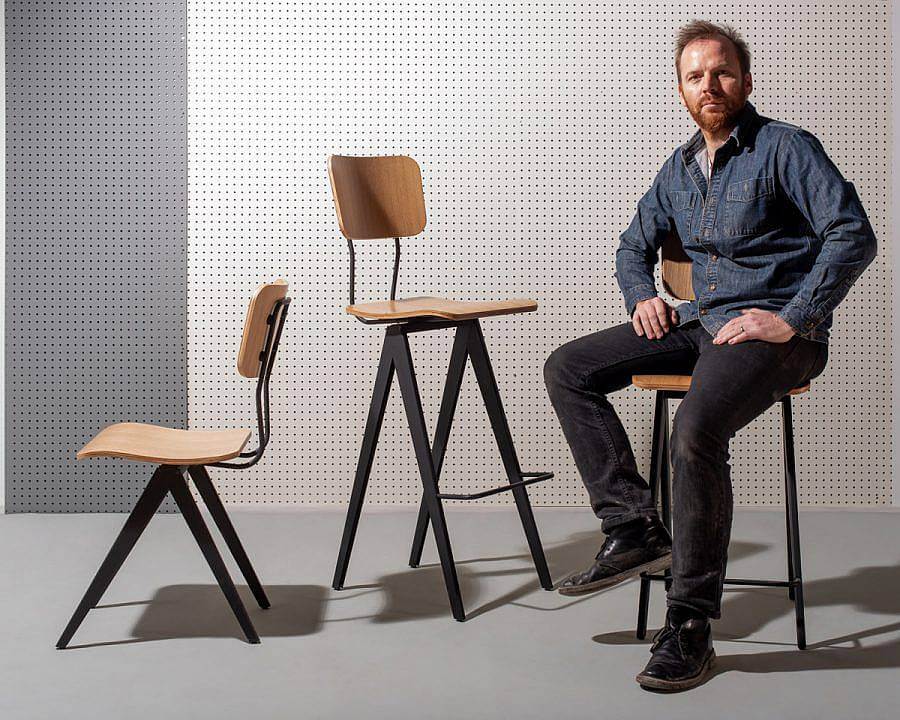Tell us a little bit about yourself and your practice.
I own Navillus Woodworks, a custom fabrication business located on the west side of Chicago. We build furniture, and commercial and residential millwork, and work with artists to help realize their projects. We do much of our own original design work but also build to spec, offering our expertise on materials and engineering. I am a musician and have two active projects, Arriver and Nad Navillus. For the last 5 years, I’ve found a way to join these interests in designing and building electric guitars. Navillus is a team of 10 people. We start every project drawing, probably more than most people realize. The goal is to create a document set that serves both the client and our fabrication team, identifying unresolved issues and subsequently used for everything that follows: material acquisition, fabrication, finishing, and installation.
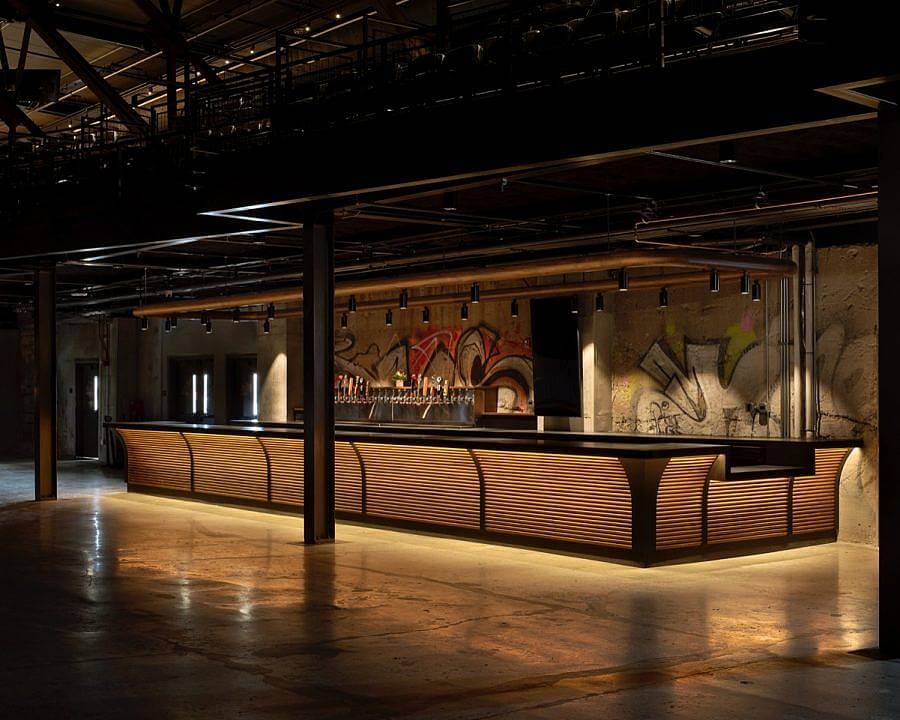
Describe your current studio or workspace.
I am partner and co-founder of Dock 6 Collective. We own a building on west side of Chicago that we were able to design and retrofit the space to our needs. I am very proud of our shop, the quality of work we produce, our culture and the kinds of people who work here.
What/who is influencing your work right now?
I am most influenced by my partners at Dock 6 Collective: ism furniture, zakrose, Lagomorph, and Carson Maddox. We joined forces in 2008 and these relationships have been transformative. I think a lot about architecture, wherever I come across it, how necessarily collaborative it is, yet needs to honor one vision and serve a greater purpose. I have very diverse taste in music and am inspired by African guitar and heavy, often aggressive-sounding things.
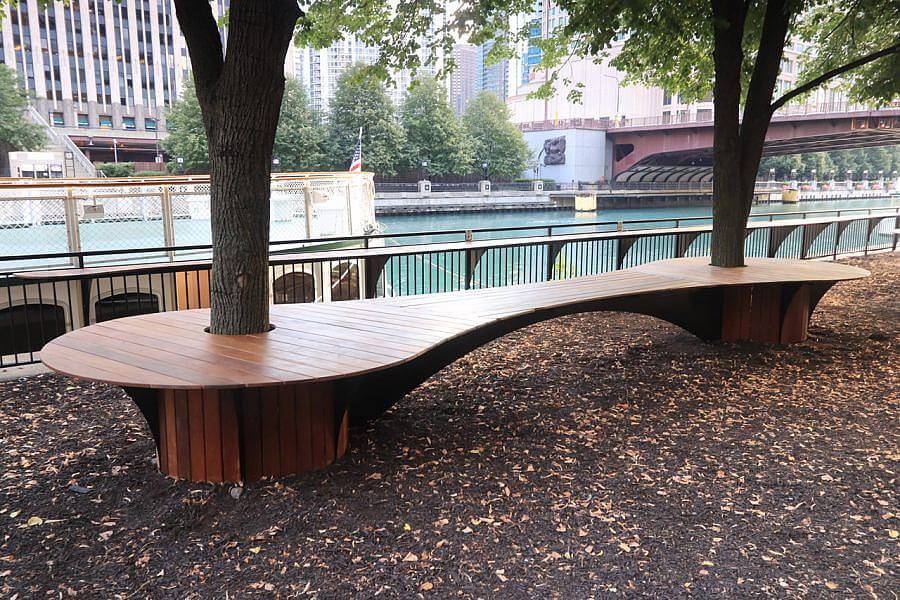
Who are some of your favorite artists?
I have been married to the artist Edra Soto for over 20 years. She is incredibly hard working, relentlessly creative and very generous with her friends and younger artists. She is also a very important client to Navillus, bringing us incredible projects and forcing us to innovate in materials, educate ourselves about engineering, and think about design in different ways. I am also a fan of Torkwase Dyson’s large architectural sculptures—we’ve had the opportunity to work with her on several projects— their scale, ambition and material selection.
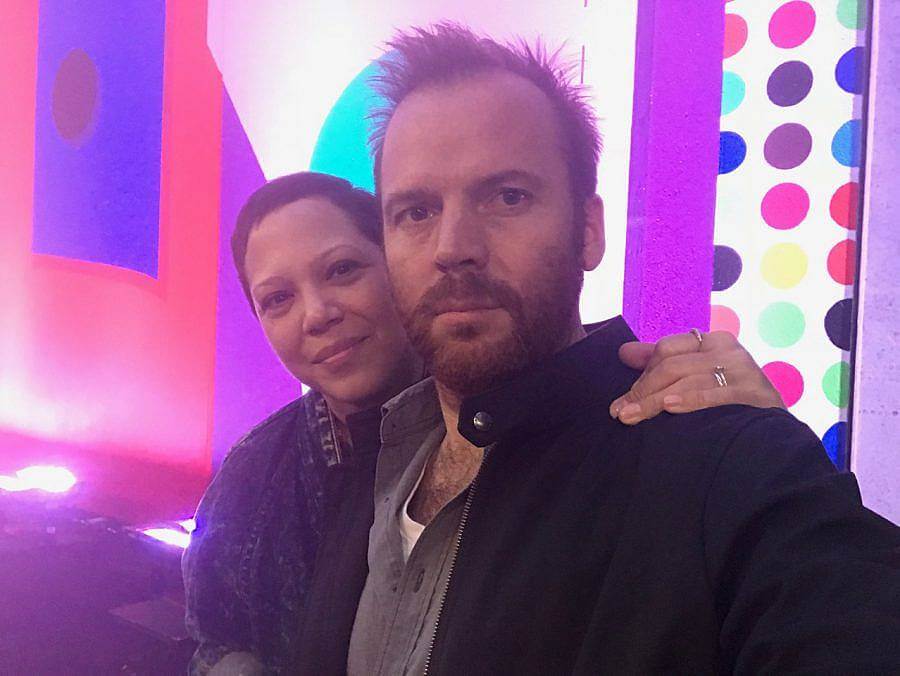
How does your engagement with everyday objects transfer to the development of your work?
We have a lot of experience transforming common materials. All manner of sheet goods (MDF, plywood), veneers, hardwoods, steel, and aluminum. We partner with specialty vendors for laser, plasma, water jet cutting, powder coating, brake forming, stone carving, riggers, crane operators… whatever the job requires. We are expert CNC carvers.
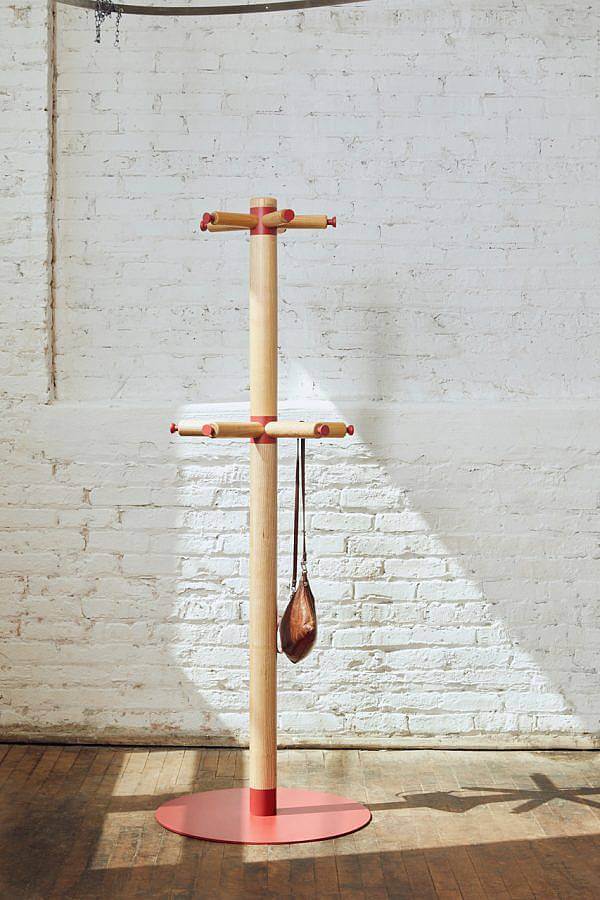
What is one of the bigger challenges you and/or other engineers/fabricators are struggling with these days and how do you see it developing?
For many reasons, I feel incredibly lucky. However, owning a small business is challenging in good times, and the last 4 years have been quite a ride for everyone…unfortunately, I don’t see things getting any easier in this regard, but somehow we muddle through. Above all, be adaptive and use metrics to track the performance of the business.
Where did your journey as a maker begin?
As a kid I was recognized for having a talent for drawing, for art. I still sketch bit but guitar and writing music became my creative focus around age 14. I learned the basics of woodworking from my Dad and had really great shop teachers in Jr High and High School. In high school spent a weekend at Haystacks, a residency in Maine (where I grew up) and built a chair. I studied music and Japanese in college in Minnesota and moved to Chicago in the late 90s to play music. I worked on a trim carpentry crew and as a preparator in galleries and museums. I remodeled houses and worked in small shops building all manner of things. I went out on my own in 2006.
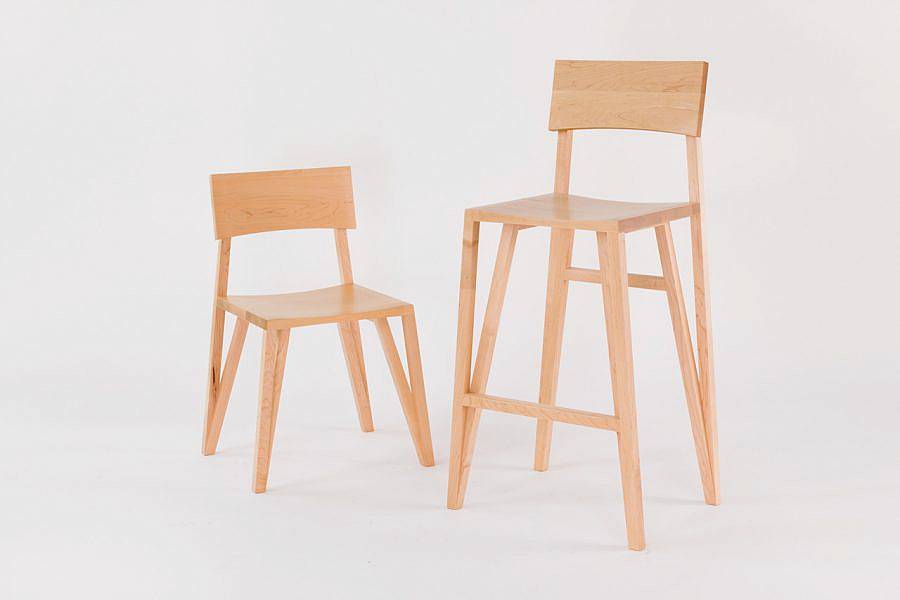
Are there any upcoming or current projects you are particularly excited about?
We have several public art projects we are building with Edra: for New York City Public Art Fund, Miami-Dade County and the City of Aurora, as well as very large project with DCASE/City of Chicago. We have two residential projects in town with terrific architects, a large sculpture going on the UIC campus and a large upcoming job for the Art Institute with Norman Kelley Architects and ism furniture.
What is one of the most valuable lessons you have learned during the span of your career?
Perseverance. Life is long. Invest in your relationships and yourself.
What do you do when you’re not working on your art?
I cook a bit. I practice guitar regularly, I try to exercise daily. I like to sketch landscapes and environs, especially when I am traveling. I play gigs at dive bars.
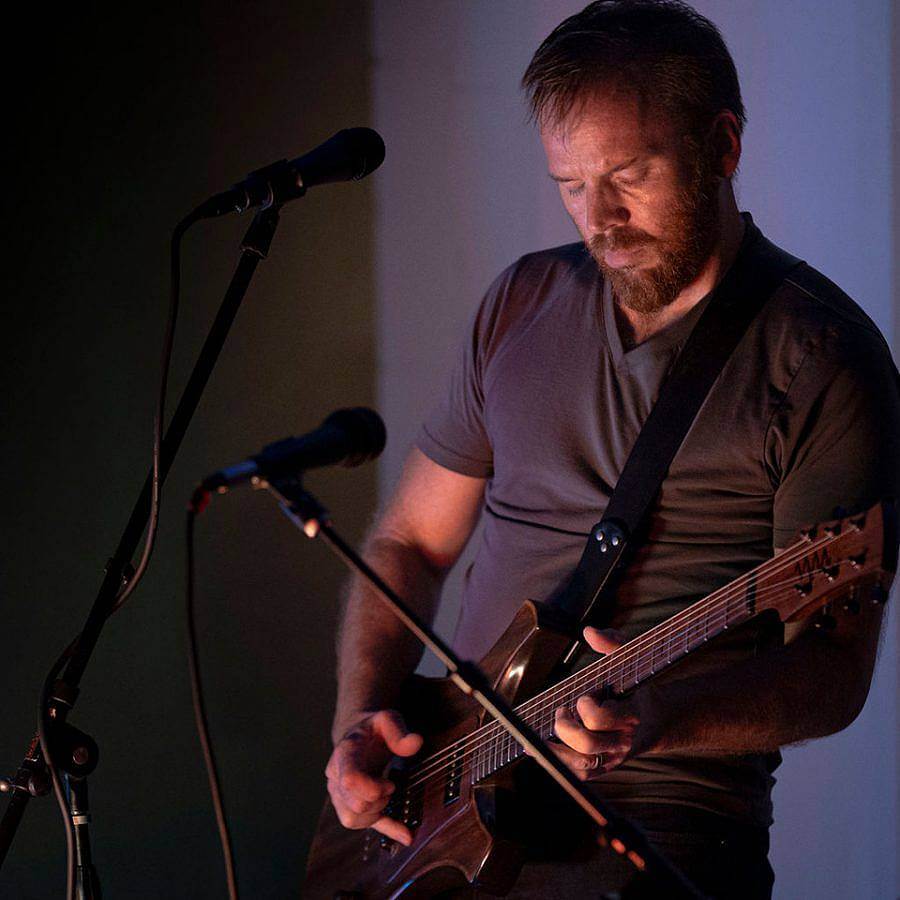
Do you think the future of CNC fabrication will be primarily software or hardware-based?
Cheap machines will become more ubiquitous, and I suppose better, but computational tools for programming are developing more rapidly and getting easier to use.
Interview conducted and edited by Wonu Balogun
